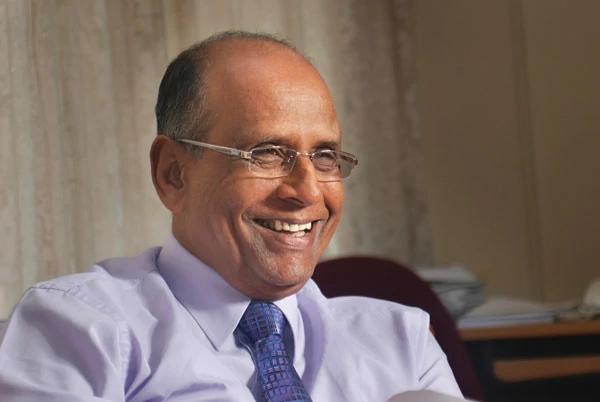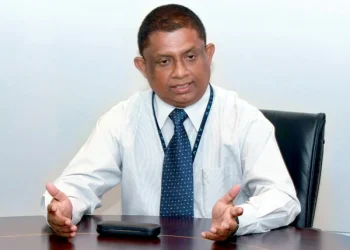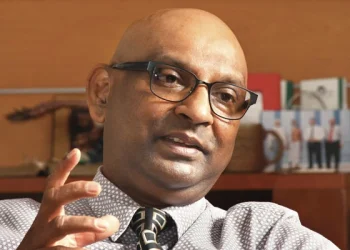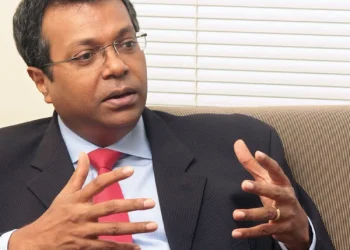
Informatics Institute of Technology (IIT) began its journey in 1990. Although a few resources stood before its emergence into the world, its management, faculty, new parents and students, together, took the biggest leap of faith into a new form of higher education in the system. Currently IIT is geared up with degree programmes from a renowned university in the UK and stands strong in the level of quality and well established methods of instruction.
With the aim of bringing British degree programmes into the country, “Dr Gamini Wickramasinghe, the founder of IIT thought it fit to bring foreign education to Sri Lanka,” explains Alfred Perera, Associate Professor and Dean of IIT, as there were institutions offering external degrees. However, IIT would be the only institution where internal degrees were going to be a first in the system of higher education. For example, the same level of certification is awarded to students at IIT-Sri Lanka as students following similar courses at the University of Westminster in the UK.
Breaking new ground is now a thing of the past for IIT. For the past 20 years, their curriculum has been and still is in touch with the changing technological trends. Their four year degree courses include a year long placement in relevant industries, which Prof Perera considers one of their foremost aspects for students to gain not just theoretical access but also practical and a more hands-on learning experience. “We send them on placements not for just three months but 48 weeks,” adds the Professor, which includes a process of supervised training on a day-to-day basis for the students – their progress is monitored right throughout. According to Prof Perera, by the time these students pass out of IIT, they are in demand by the companies they worked for during their year of industry placement. “This is how we ensure industry acceptance of the students, “he says.
IIT’s curriculum includes technical and soft skills which prepare students for a fruitful career in industry. “Even presentation, communication and report writing skills are built-in to the learning process,” the Professor stresses, including the leadership qualities gained, which the institution also inculcates into their methods of instruction. “Industries recognise that our students are not just on the technical path of knowledge but leaders in their own goals,” he adds.
The programmes introduced at the Institution are embedded in mostly the current and state-of-the-art technologies, both within and beyond curriculum as IIT recognises that gaining an international degree requires the appreciation of both local and global acceptance, hence the degree programmes offer opportunities with prospective possibilities in the country and worldwide. “We have students who have found working opportunities in the UK, US, Australia, Singapore,” says Prof Perera proudly.
Recently the Institute introduced ACCA as there was a growing need for professionals in an area of accounting, which is gaining popularity the world over. “In addition to this we are very keen on commencing MBA programmes, and we are currently working on this with foreign universities,” stated Prof Perera.
IIT believes in an all round system of education. Hence their extra circular activities are not minimised. Arts, sports and annual functions are always promoted and welcomed, as are the talents behind their performances.
Professor Perera explicates that students must be fully aware that this kind of education is valid throughout the country and globally and therefore IIT education is a form of investment that will continually aspire new heights for its students.





